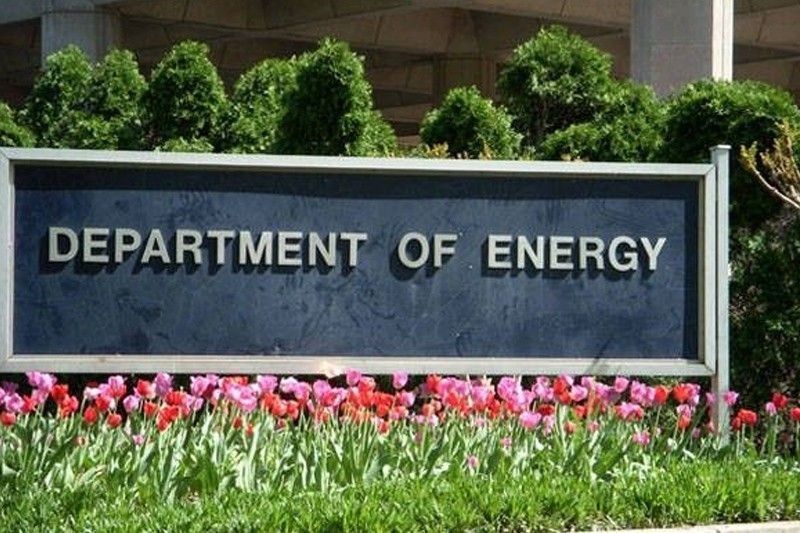DOE asks Congress to amend Oil Deregulation Law

MANILA, Philippines — The Department of Energy (DOE) is asking Congress to amend the Oil Deregulation Law to give it powers to intervene when global oil prices skyrocket.
In a letter to Senate committee on energy chairman Sherwin Gatchalian and his counterpart in the House of Representatives, Juan Miguel Arroyo, the DOE said the amendment would allow the government to intervene and address sudden, prolonged oil price spikes, including unbundling the cost of petroleum retail products to determine their true and passed-on costs.
Under the Downstream Oil Industry Deregulation Act of 1998, the DOE is only authorized to monitor both the international and domestic price movements of petroleum products, as well as the compliance of businesses with national standards.
The Philippines utilizes the equivalent of 425,000 barrels per day, which is around 0.4 percent of the world supply.
To respond to the successive price increases, the DOE met with the oil industry stakeholders to ensure supply while the problem persists and asked if discounts could be extended to the public, especially to the public transport sector.
Supply was assured and some companies, such as Jetti, Seaoil, Shell, Phoenix, Unioil, agreed to extend discounts to the public transport industry on top of existing discounts currently given like vaccination and loyalty incentives.
Aside from the immediate response, the DOE said a whole-of-government approach and medium and long-term policy directions were also taken in consideration of this matter.
The agency required the unbundling of the cost of retail products to determine their true and passed-on cost.
The DOE maintained that the unbundling of oil prices would result to greater market transparency by establishing the trends in the prices of oil and finished petroleum products. This, in turn, would help ensure a level playing field within the oil industry, while upholding the best interests of consumers.
In May 2019, DOE Secretary Alfonso Cusi issued a circular requiring the unbundling of oil prices for its data gathering and policymaking function.
Upon the opposition of the oil industry players, the circular has been subjected to an injunction by a Regional Trial Court (RTC) despite the DOE’s argument that the ‘unbundling policy’ is not violative of the Oil Deregulation Law.
In the same letter, the DOE cited several reasons on the prolonged oil price spike due to a continuing rise in world market prices resulting from the sudden global increase in demand and an unanticipated lack of supply.
- Latest
- Trending


























